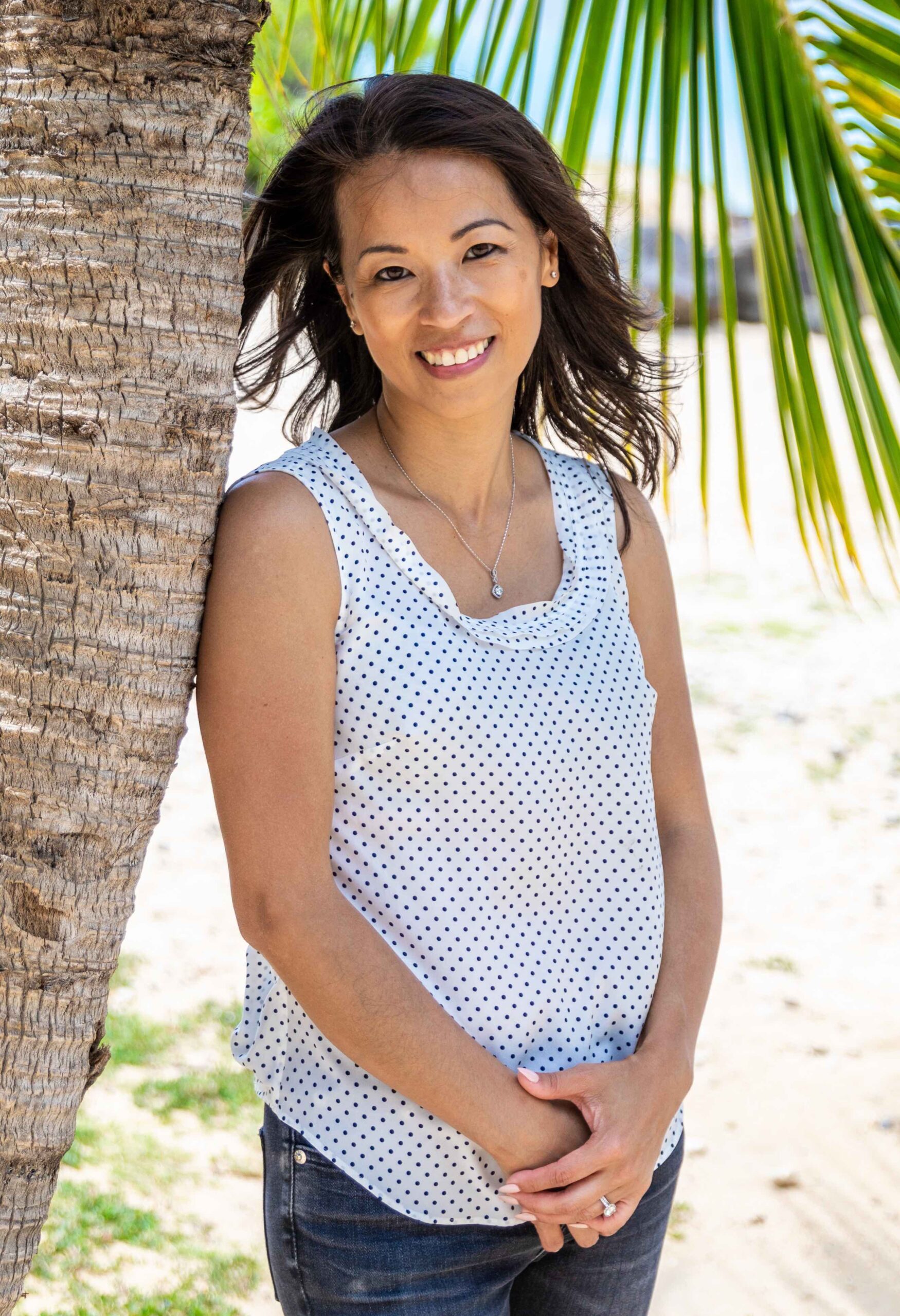The Emotional Roller Coaster of Fertility Treatment
My fertility journey took over 2 years before I was able to conceive my daughter. I was acutely aware of the impact of age on a woman’s reproductive health, which added to my concerns, but I remained hopeful.
The Challenges of IVF
Living with infertility and undergoing in-vitro fertilization (IVF) was among the toughest challenges I’ve faced. The journey felt like running a marathon with an unpredictable finish line. It was an emotional whirlwind filled with highs, lows, and many uncertainties. The climax of anxiety came during the last IVF cycle, where the outcome after the 2-week wait was uncertain. Would the end bring joy and a sense of accomplishment, akin to finishing a race? Or would my husband and I face the heartbreak of walking away with nothing after investing so much?
Endometriosis and Its Link to IVF
Endometriosis, a chronic medical condition, often pushes couples towards IVF treatments. This condition can significantly impact a woman’s fertility and overall quality of life. Interestingly, women with endometriosis are three times more likely to have irritable bowel syndrome (IBS). The overlapping symptoms between the two conditions include visceral hypersensitivity, bloating, diarrhea or constipation, pain during defecation, and nausea. This is where the low FODMAP diet comes into play, offering relief from some of these symptoms.
Understanding the Low FODMAP Diet
The low FODMAP diet can help alleviate pain from visceral hypersensitivity and bloating in those with endometriosis. Studies have shown that women with both IBS and endometriosis respond even more positively to this diet than those with IBS alone. While it doesn’t treat endometriosis directly, the diet can improve bowel symptoms, aiding pain management by 60-80%.
FODMAP stands for Fermentable Oligo- Di- Mono-saccharides And Polyols. This diet has three phases:
- Low FODMAP (2-6 weeks)
- FODMAP reintroduction (6-8 weeks)
- FODMAP personalization (long-term diet)
FODMAPs are short-chain carbohydrates that are either poorly absorbed or not absorbed at all in our intestines. When they reach the large intestine, gut bacteria ferment them. These compounds are present in a variety of foods, including fruits, vegetables, grains, dairy products, and more.
Navigating Diet with IBS and Endometriosis
If you’ve been diagnosed with both IBS and Endometriosis and are unsure about your next steps, the Monash University resource table is a great starting point. Begin by replacing high-FODMAP foods with low-FODMAP alternatives. Remember, endometriosis is a chronic inflammatory condition driven by estrogen. It’s crucial to incorporate foods that can reduce inflammation and influence the body’s estrogen levels. For a tailored approach, consult a FODMAP dietitian, especially one trained in fertility nutrition, to guide you on your fertility journey.
References:
- Nabi, M.Y., Nauhria, S., Reel, M., Londono, S., Vasireddi, A., Elmiry, M., & Ramdass, P.V. (2022). Endometriosis and irritable bowel syndrome: A systematic review and meta-analyses. Frontiers in Medicine, 1-12
- Altobelli, E, Negro, V.D., Angeletti, P.M., & G. Latella (2017). Low-FODMAP Diet Improves Irritable Bowel Syndrome Symptoms: A Meta-Analysis. Nutrients, 9, 1-19
- Moore, J.S., Gibson, P.R., Perry, R.E., Burgell, R.E. (2017). Endometriosis in patients with irritable bowel syndrome: Specific symptomatic and demographic profile, and response to the low FODMAP diet. Aust N Z J Obstet Gynaecol, 57(2), 201-205.


